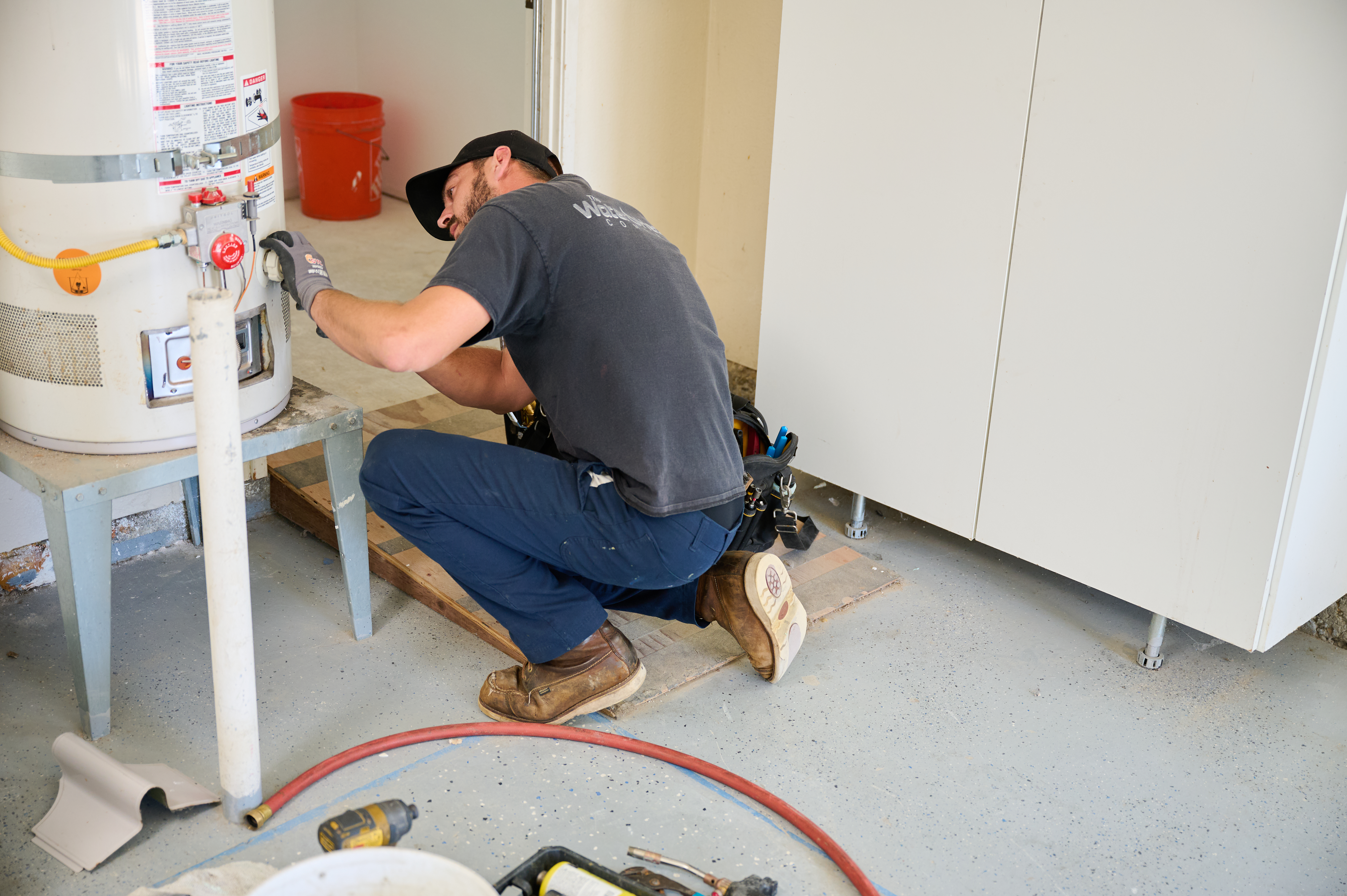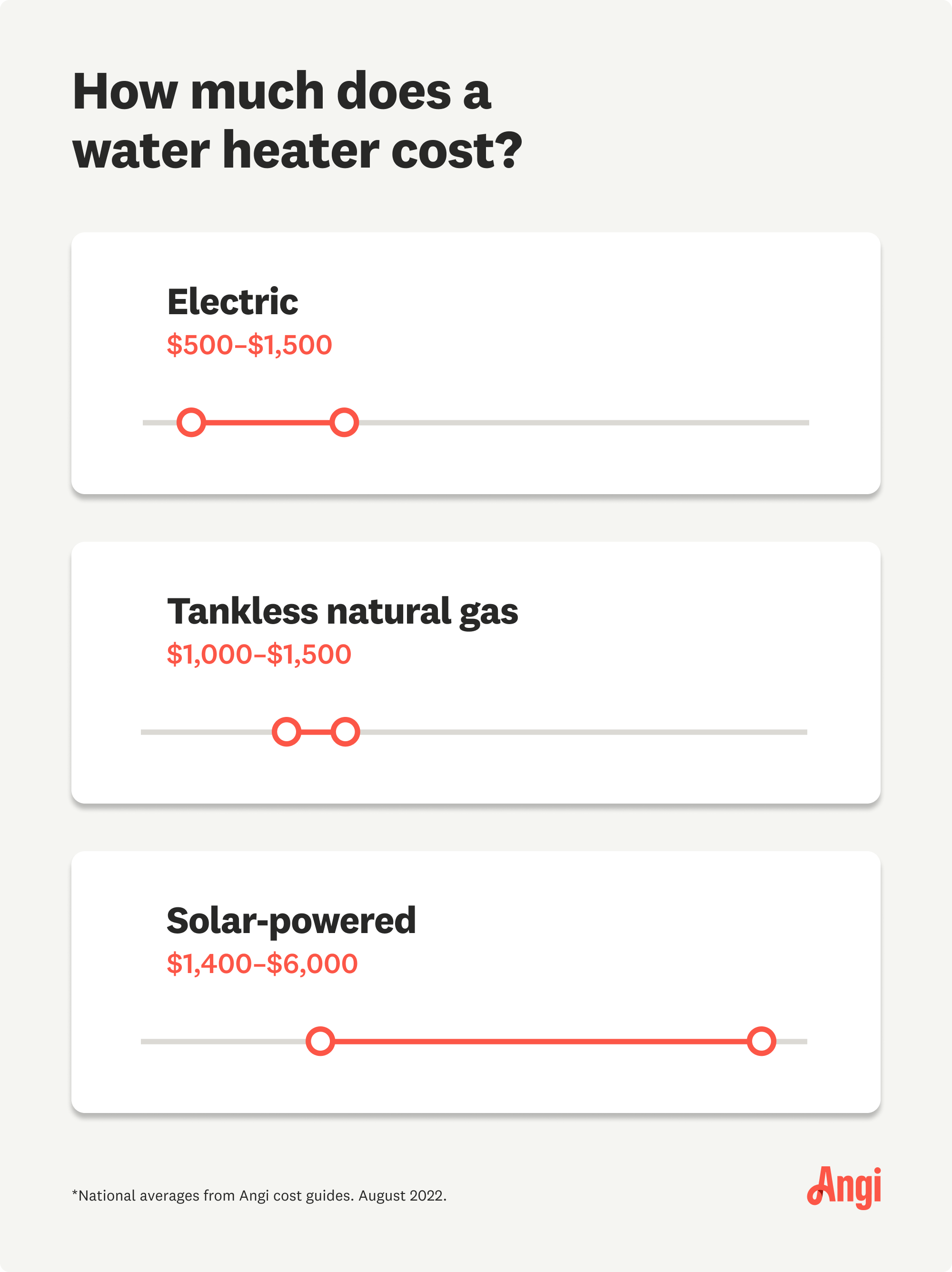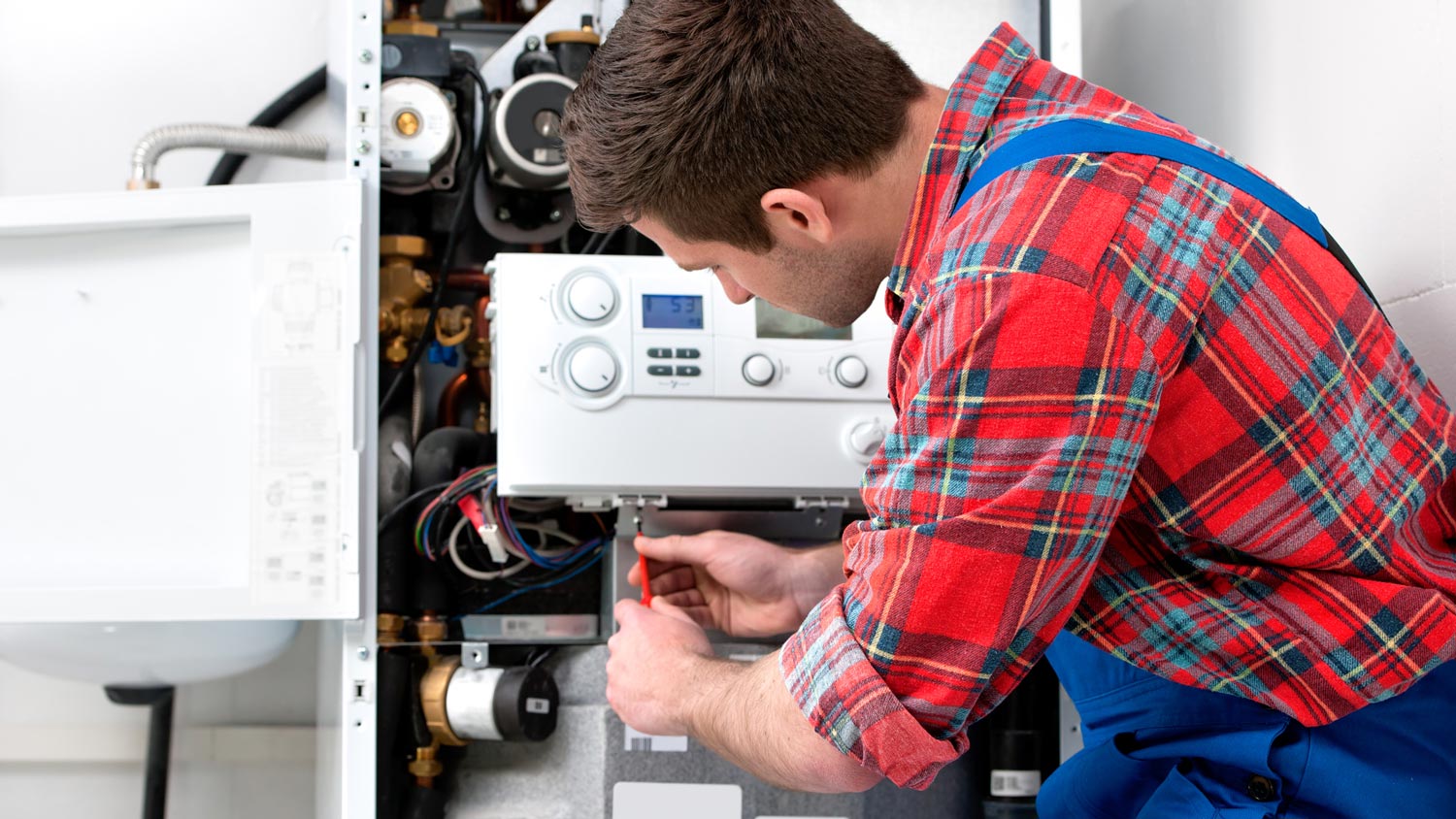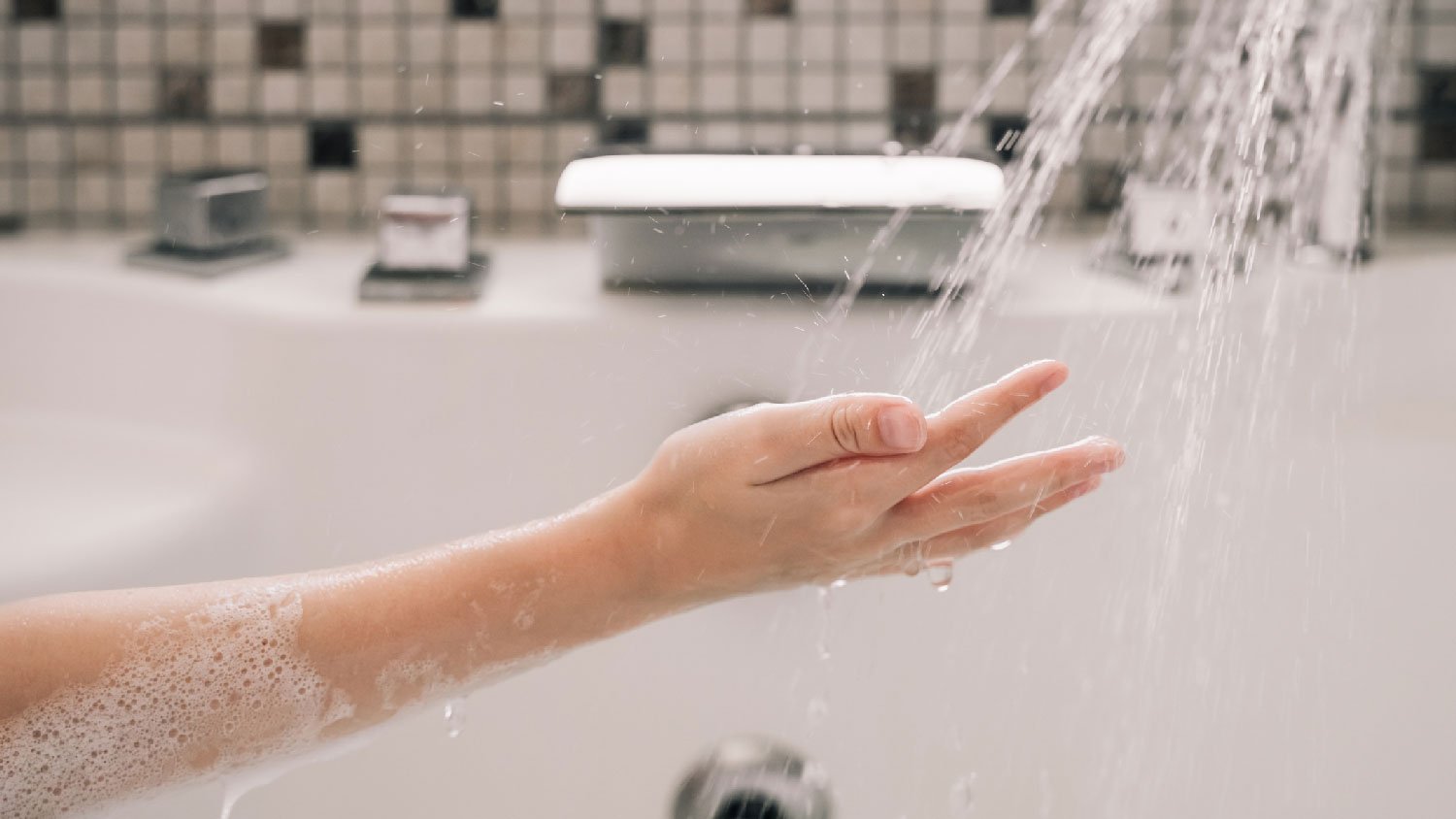
Tankless water heater costs in Columbus, OH depend on the size of your water heater, location, fuel type, and more. Keep reading to calculate your expenses.
Does waiting for hot water make your blood boil?


If you turn on the faucet or shower and wait—and wait—and wait for the water to heat up, it’s time to investigate some ways you can speed the process up. Here are seven things you can do to get instant (or close to it) hot water.
As the name states, tankless water heaters heat water on-demand without a tank. They have heat exchangers built into them, powered by either natural gas or electricity. As cold water flows into the unit, the heat exchangers heat it immediately, giving you on-demand hot water.
If you’re looking for a solution for your whole home, you can invest in a larger model to deliver water to your entire house. Getting the right size is key here, and it depends not only on your square footage and amount of rooms you’ll be supplying, but you’ll need to consider these factors as well.
According to the U.S. Department of Energy, you can measure the flow rate of a fixture by placing a 1-gallon bucket or another container under the faucet, timing how many seconds it takes to fill the container. Then, divide 60 by the number of seconds it took to fill your bucket.
For example, if it takes 30 seconds to fill a 1-gallon bucket, the flow rate of your faucet is 2 gallons per minute.
The temperature rise is the temperature you want the water to be, minus the temperature of the water entering the water heater. You can get the temperature of the water by putting a thermometer into the cold running water flow from your faucet, or you can use an average baseline temperature of 50 degrees Fahrenheit. Generally, you’ll want your hot water heated to 120 degrees Fahrenheit, which leaves a temperature rise of 70 degrees Fahrenheit.

Whether your tank is gas, electric, or solar-powered, it plays a role in the cost as well. According to HomeAdvisor, natural gas-powered tankless water heaters usually run around $1,000 to $1,500, electric ones run from $500 to $1,500, and solar-powered units cost between $1,400 and $6,000.
Tankless water heaters may come with a tax benefit, so ask your local water heater installer about what’s available.
Like whole-home tankless water heaters, point-of-use systems don’t store any hot water and only heat water when it’s necessary. These are smaller tankless water heaters that are sometimes referred to as under-sink models. They’re installed where the individual room or appliance needs more hot water, such as a hot tub or an addition to a home. Under-sink tankless water heaters usually run from $100 to $500, depending on their size and how they’re powered.
A point-of-use tank water heater works similarly to a tankless model, with a smaller unit placed close to wherever the hot water is needed. They’re exactly like regular whole-home water heaters, but the tank capacity is smaller, between 2.5 and 20 gallons. They provide instant hot water because they’re closer to the point where it’s needed and cost around $400.
A hot water recirculation pump is a device that pulls water from your existing tank water heater, delivers it to your faucet, and replaces the water in your hot water heater with the water you’ve been running while you’ve been waiting for it to heat up. Ordinarily, this water would just wash down the drain, but with a recirculation pump, it’s recirculated back into your hot water tank to be heated.
The cost of a recirculation pump is around $200 but can cost as much as $750, depending on the model. This project requires a pro, so factor in a local plumber's price, which is on average $45 to $200 per hour.

Instead of being in the garage, basement, or other tucked-away location, the water heater is situated in the center of your home in a structured plumbing system. That way, the hot water is never more than 10 feet from any fixture, meaning a shorter wait for your water. You can find these types of systems in newer homes, but keep in mind that installing one in place of your existing system would require an entire plumbing overhaul.
The pipes that carry your hot water from the tank to your sink may be allowing a lot of heat to be lost if they're not insulated properly. If your hot water takes a long time to heat up, have your pipes checked to ensure they're properly insulated.
If your water heater isn’t running properly, it won’t run efficiently and therefore won’t deliver the hot water you need quickly. Having water heaters serviced annually can also extend the life span of a water heater. Annual maintenance includes flushing the tank, checking the valves, and checking the anode rod. The parts of your water heater need to work together to do their job, so if one part isn’t working, you won’t get the hot water you need.
From average costs to expert advice, get all the answers you need to get your job done.

Tankless water heater costs in Columbus, OH depend on the size of your water heater, location, fuel type, and more. Keep reading to calculate your expenses.

Find out the average tankless water heater repair cost, what impacts pricing, and how to save. Get expert tips to plan your repair budget with confidence.

A water heater flush costs $160 on average but can vary based on the unit size, type, labor, location, and more. Keep reading to learn how much you could pay.

How much do water heaters weigh? The answer depends on the type of water heater, its size, and several other factors. Read on to learn more.

Instant hot water at your fingertips is closer than you think. Learn how a hot water heater recirculation system can deliver hot water quicker than ever.

A tankless water heater can increase your home’s value and save you money on your monthly electricity bills. Here’s why a tankless water heater is worth it.